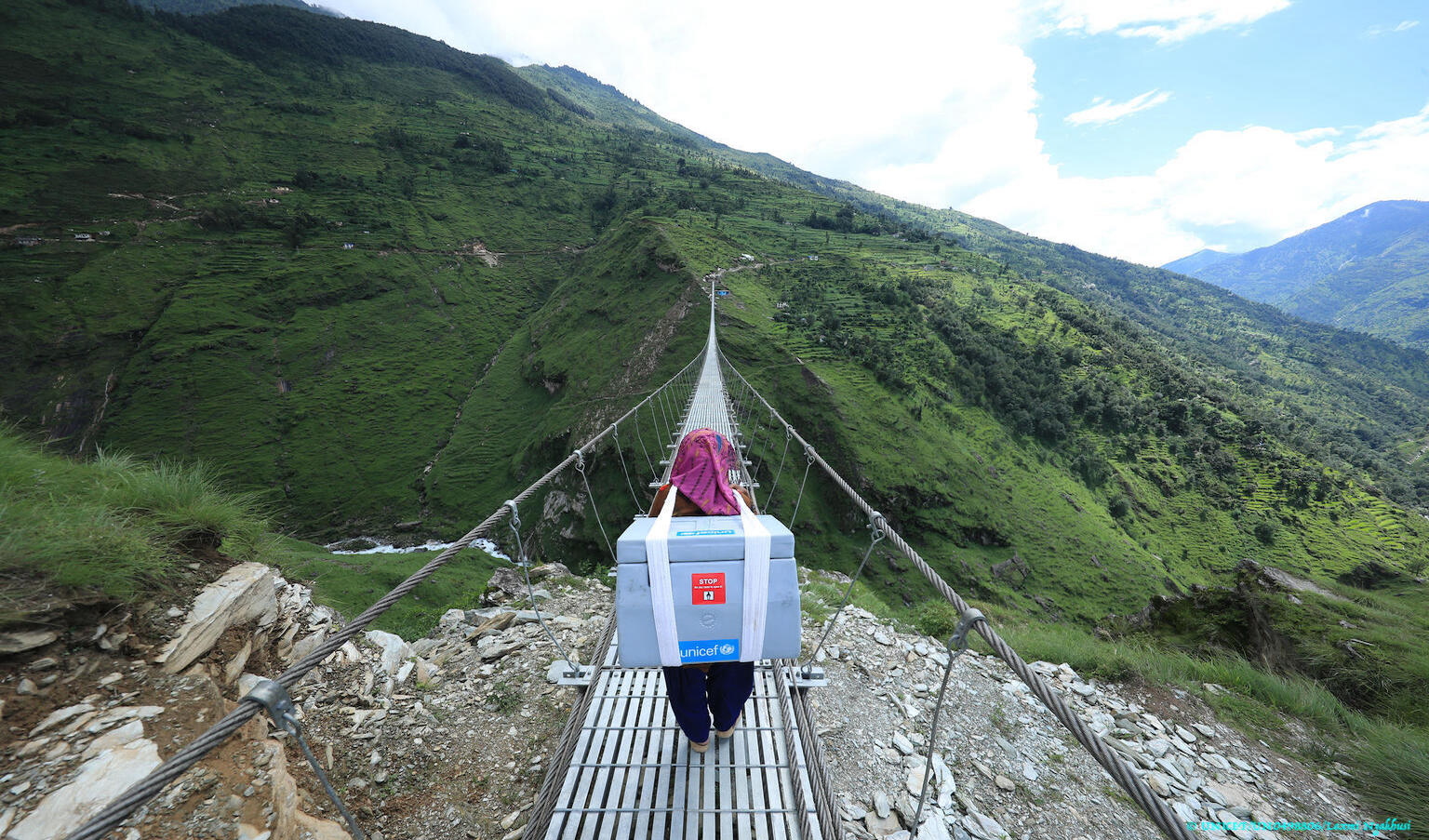CRISTINA PEDLER WRITES — As the delta variant ravages the world we thought could have been recovering from COVID-19 by now, some countries are feeling neglected.
Vaccine development by countries in the West, China, and Russia have brought to light major disparities in access to healthcare. While citizens in the U.S. are bickering over which vaccine is the safest, people in other countries are praying to get any vaccine at all. One example is Nepal, a land-locked country in South Asia with a population of 28.6 million.
Nepal, along with Bangladesh, Sri Lanka, and some countries in Africa, had been receiving doses of the Astra Zeneca vaccine manufactured India. Everything was going relatively smoothly until India started to see a massive surge in infections. They subsequently stopped their exports in April 2021, after donating or selling more than 66 million doses.
What’s more, India does not intend to restart vaccine exports until October, as it is now using shots domestically to protect its own citizens. Nepal has been scrambling to secure doses ever since, and is reeling from its own COVID-19 epidemic.
On April 26, the Government of Nepal announced a lockdown of the capital of Kathmandu as a public health measure to help slow the spread of COVID-19. Lockdown restrictions were extended until August 4, 2021.
This affects Americans too. The Center for Disease Control and Prevention has declared Nepal a Level 4: very high risk to traveler’s health. The CDC advises Americans to avoid travel to Nepal, even if you’re vaxxed. Because of the current situation in Nepal, even fully vaccinated travelers may be at risk for getting and spreading COVID-19 variants.
As of August 11, 2021, only 10% of Nepal’s population have been fully vaccinated. That leaves a large chunk of the population rightfully fearful for their health and safety.

Contributing writer Liam Rogers and I recently chatted with Manisha Dhakal, the executive director of Blue Diamond Society (BDS), Nepal’s leading LGBTQ+ rights organization. Manisha has been advocating for non-discriminatory service for LGBTQ+ community members during the coronavirus pandemic. Manisha and her BDS team utilized small funding from the government – around $4,000 USD – to distributed assistance throughout the community. While grateful, Manisha believes that what her country needs most is protection from the virus.
Manisha shared her disappointment with her government’s vaccination rollout. “My mother and father had the single dose of the vaccine, then the government failed to access more. The other countries like India stopped sending vaccines to Nepal because they needed to distribute in their own country.”
At the time of our conversation, it had already been 4 months since Manisha’s parents got jabbed for the first time. This is problematic, because the Astra Zeneca vaccine is a two-shot series, and in order to be effective, the vaccine doses must be administered within 12 weeks of each other. There is currently limited information on the effectiveness of receiving your second Astra Zeneca shot more than 3 months after the first shot.
“Our country is suffering. It would be helpful for us to share that information with the international community so that support and help will come. The equal distribution and support for the vaccine is really needed.” Manisha mentioned the urgency for more vaccines is not only for her parents, but for other vulnerable people like transgender sex workers, HIV-positive people, and the elderly.

